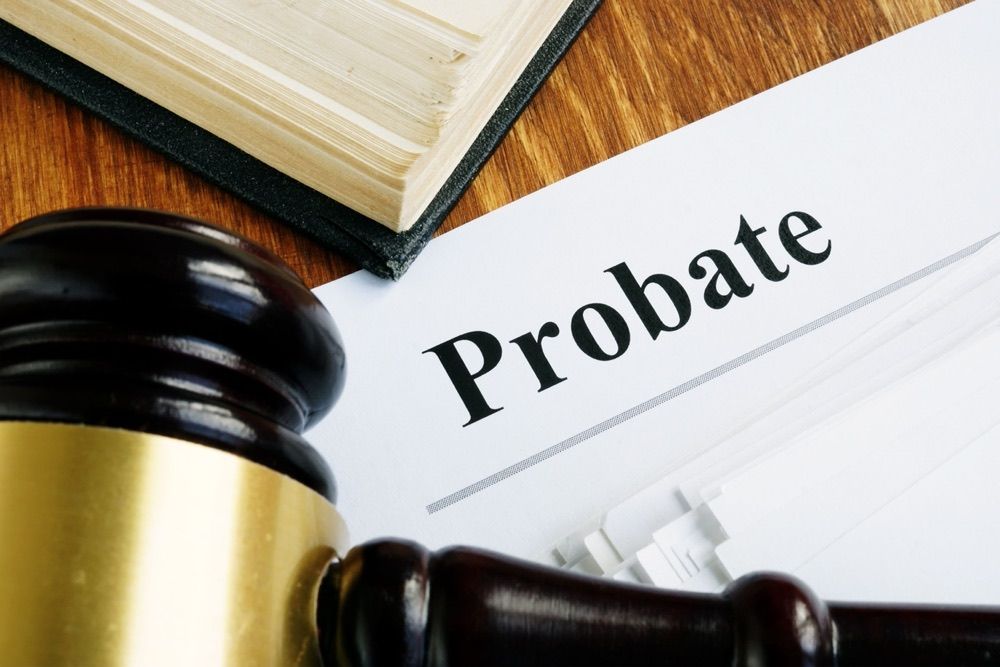Understanding the Role of the Executor in Texas Probate
The executor plays a crucial role in managing the probate process in Texas. This individual is responsible for ensuring that the deceased's wishes, as outlined in their will, are honored. The executor's duties include gathering assets, paying debts and taxes, and distributing the remaining assets to the beneficiaries.
In Texas, executors must also file the will with the probate court and notify all interested parties. This process can be complex, and the executor may need to work closely with legal professionals to navigate the various requirements and ensure compliance with state laws.
Common Mistakes to Avoid During the Texas Probate Process
Many individuals encounter pitfalls when navigating the probate process in Texas. One common mistake is failing to properly notify all heirs and beneficiaries, which can lead to legal disputes and delays. Additionally, not keeping accurate records of estate expenses can complicate the distribution of assets.
Another frequent error is mismanaging estate assets, such as selling property without proper authority or failing to secure valuable items. Understanding these mistakes can help executors and beneficiaries avoid costly legal issues and ensure a smoother probate experience.
The Importance of Hiring a Probate Attorney in Texas
Engaging a probate attorney in Texas can significantly ease the complexities of the probate process. An experienced attorney can provide guidance on legal requirements, help with paperwork, and represent the executor or beneficiaries in court if necessary. Their expertise can help navigate potential disputes and ensure compliance with state laws.
Moreover, a probate attorney can assist in valuing the estate, managing tax obligations, and facilitating the timely distribution of assets. This professional support can save time and reduce stress during a challenging period for families dealing with loss.
Alternatives to Probate: Exploring Your Options
For some individuals, avoiding probate altogether may be a preferable option. In Texas, there are several alternatives to probate, including creating a living trust, utilizing joint ownership of assets, or designating beneficiaries on accounts and insurance policies. These methods can streamline the transfer of assets and reduce the burden on heirs.
It's essential to understand the implications of each alternative and how they align with individual estate planning goals. Consulting with a legal professional can help individuals make informed decisions about the best strategies to protect their assets and ensure a smooth transition for their loved ones.








